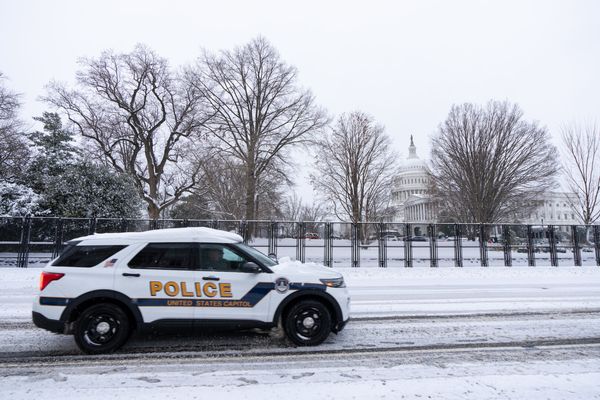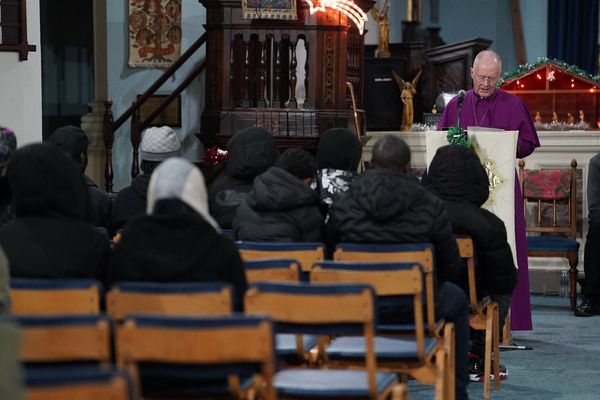The minimum wage in Western Australia will increase by 5.25 per cent, giving the state's lowest paid workers an extra $40.90 per week, following a decision by the WA Industrial Relations Commission.
The increase is lower than what Unions WA and the WA Council of Social Services [WACOSS] had been seeking and is below Perth's inflation rate of 7.6 per cent.
However, it is slightly ahead of last week's federal Fair Work Commission decision to raise the national minimum wage by 5.2 per cent.
Chief commissioner Stephen Kenner said while the state's economy was strong, some low income households were finding it difficult to make ends meet given the rate of inflation.
"This has had a significant impact on the cost of living for the low paid," he said.
"A substantial body of data was before the commission in relation to low income households and the difficulties they have in meeting rising living costs in terms of rents, food and energy costs and rising fuel prices."
Employers face steeper costs
Commissioner Kenner noted that since last year's decision, health and border restrictions in WA had eased and there was record low unemployment.
He said the IRC was mindful of increased costs to employers, including changes to compulsory superannuation contributions.
There was a risk that businesses would pass on rising costs to consumers.
The minimum wage will rise to $819.90 per week, up from $779, while other award wage workers will get rises of 4.65 per cent.
The rise has been welcomed by unions and WACOSS, with UnionsWA secretary Owen Whittle calling on all employers to increase wages.
"This needs to be the first step to ensure that all workers get a significant pay rise," he said.
"We know the cost of living in WA has been the highest in the country and that's why we needed to see a minimum wage increase that was larger than the federal minimum wage increase."
Help for families
WACOSS chief executive Louise Giolitto said it would make a huge difference to families.
"We know that West Australian families are really struggling at the moment," she said.
"This will go some way of helping them keep the roofs over their heads, the lights on and three meals on the table.
"We know in Western Australia we've got an inflation rate of 7.6 per cent, so to some extent it's gone back slightly in real wages.
"But we're pleased it's at least kept pace and slightly better than the federal wage case."
She said the community services sector had seen increases of 20-30 per cent in people seeking income support.
Chamber of Commerce warning
But the Chamber of Commerce said this was not the time to increase labour costs to this degree.
It said the decision "further increases" the gap between the state and federal minimum wage and would "pile on" higher costs for sole traders and partnerships at a time of surging costs of materials and labour.
WA businesses would be further disadvantaged when compared to the majority of businesses covered by the national system, the chamber said in a statement.







